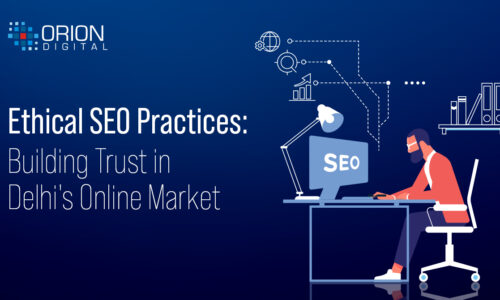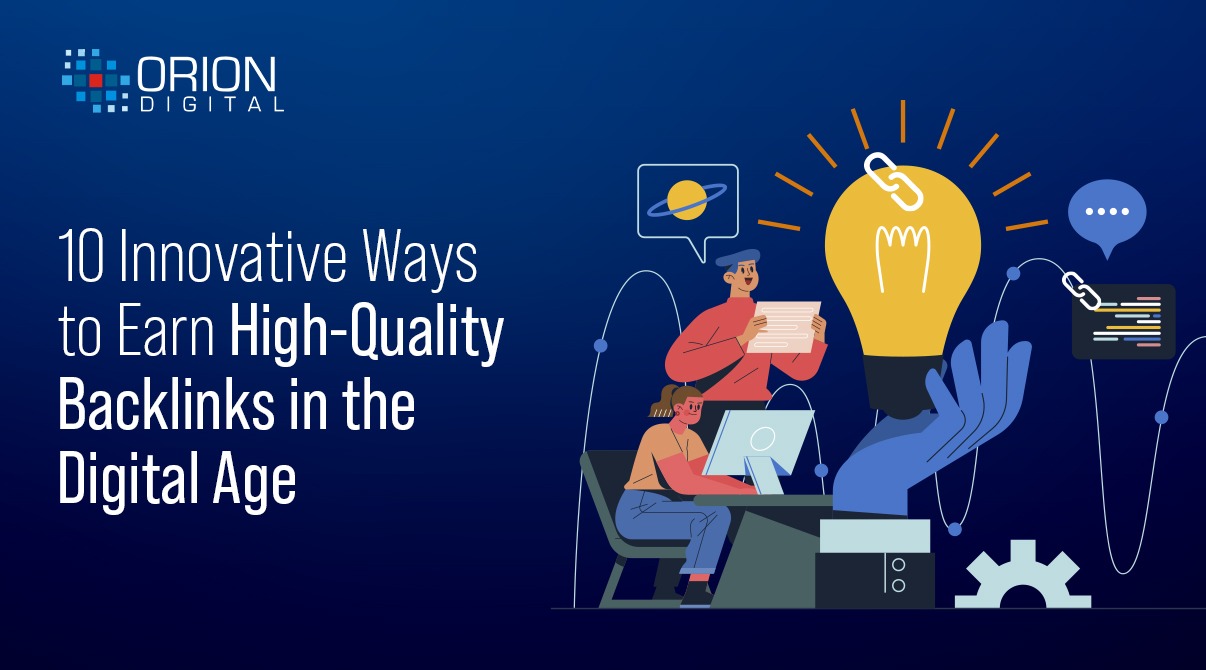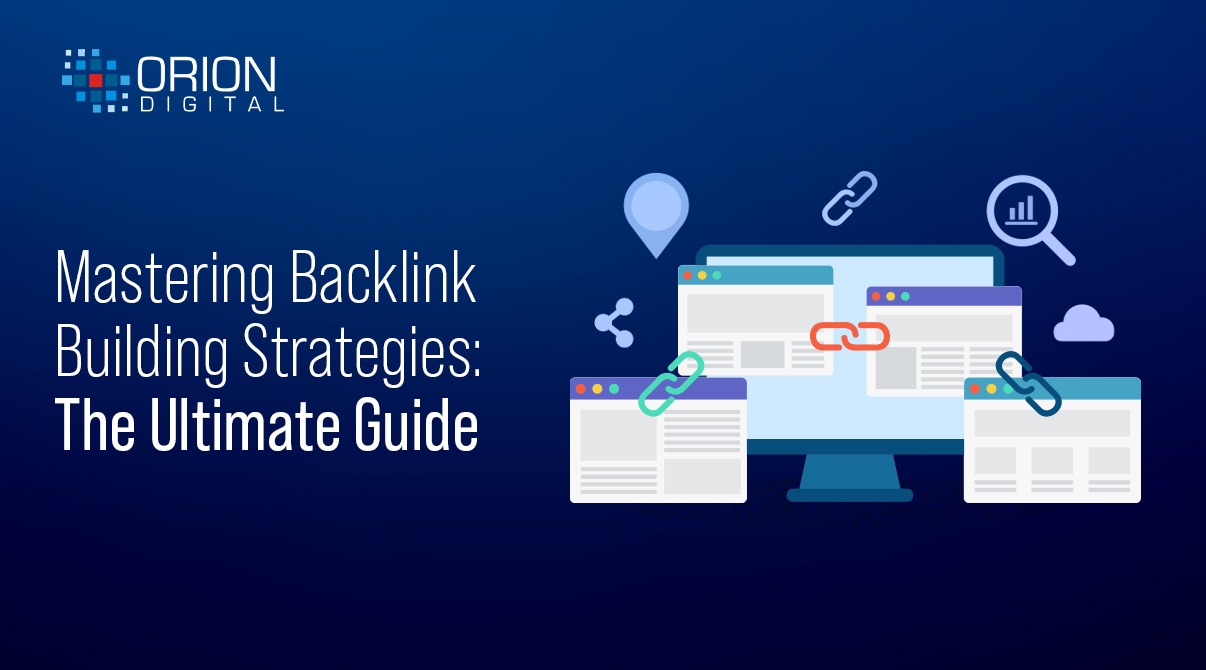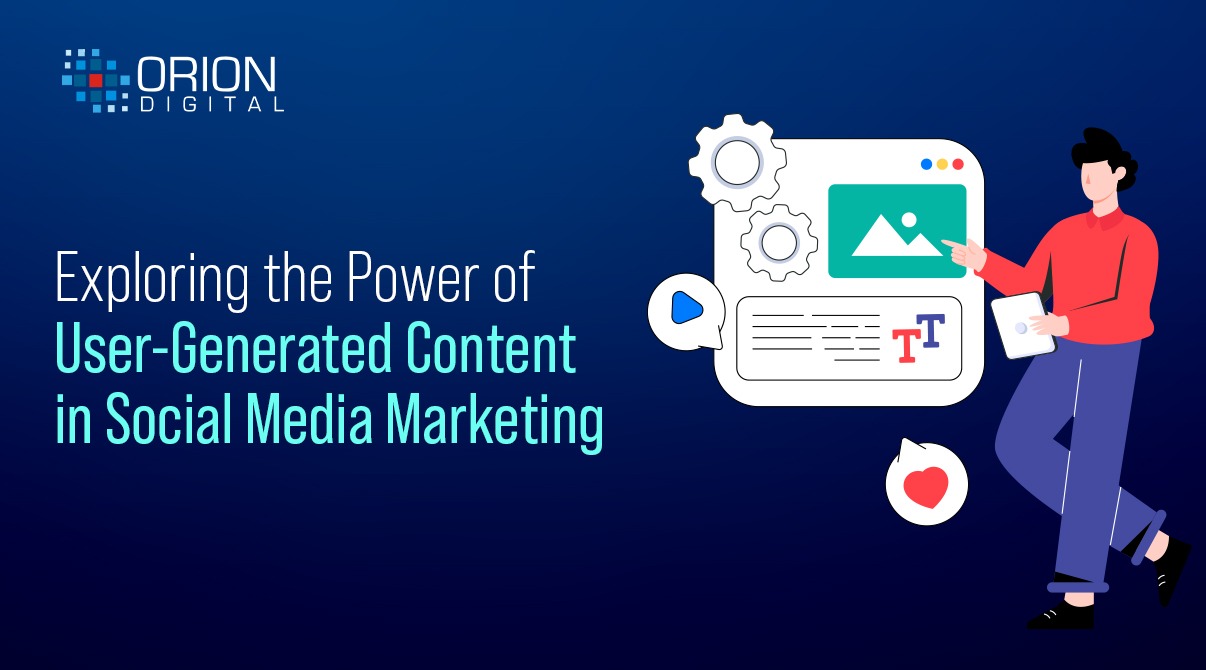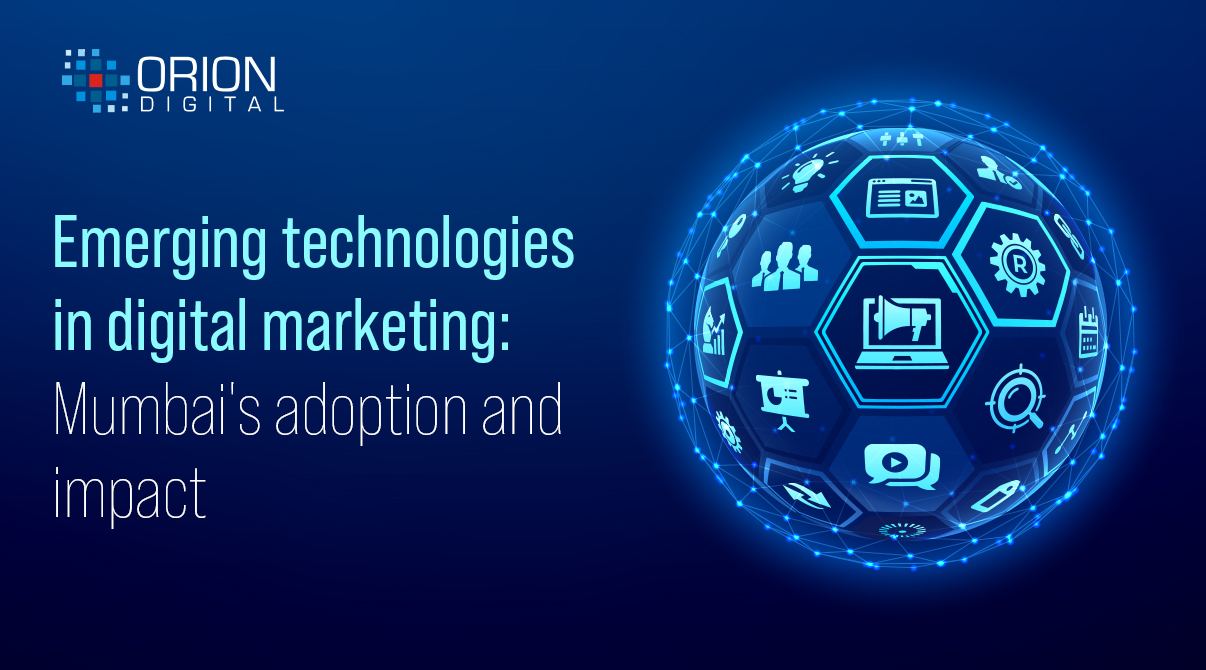
Emerging Technologies in Digital Marketing: Mumbai’s Adoption and Impact
- admin
- October 9, 2023
- Digital Marketing
- Digital Marketing, SEO, Social Media
- 0 Comments
Introduction:
Digital marketing has evolved rapidly over the past few decades, driven by advances in technology and changing consumer behaviour. Today, businesses are exploring new frontiers in digital marketing through the adoption of emerging technologies. These innovations promise to revolutionize the way companies connect with their target audiences, analyze data, and drive results.
1. Artificial Intelligence (AI) and Machine Learning (ML)
Artificial Intelligence and Machine Learning have gained immense traction in digital marketing. AI-powered tools can analyze vast amounts of data, enabling businesses to make data-driven decisions. Chatbots, for example, use AI to provide instant customer support, while ML algorithms personalize content and product recommendations.
Marketers are increasingly using AI for predictive analytics, audience segmentation, and content optimization, resulting in improved campaign performance and ROI.
2. Augmented Reality (AR) and Virtual Reality (VR)
AR and VR technologies have the potential to transform the way consumers experience products and services. Brands are using AR to provide interactive experiences, such as virtual try-ons for clothing and makeup. VR, on the other hand, offers immersive storytelling opportunities for marketers. The adoption of AR and VR in digital marketing is on the rise, particularly in industries like retail, entertainment, and tourism, where they enhance engagement and drive conversions.
3. Voice Search and Smart Assistants
Voice search is changing the way consumers look and seek information and make purchasing decisions. With the increasing prevalence of smart speakers like Amazon Echo and Google Home, optimizing content for voice search has become crucial. Marketers are adapting their SEO strategies to accommodate voice search queries, leading to the emergence of conversational and long-tail keywords. As voice search continues to grow, brands must tailor their digital marketing efforts to cater to this evolving consumer behaviour.
4. Influencer Marketing and AI-Powered Influencer Platforms
Influencer marketing has become a dominant force in digital advertising. However, AI-powered influencer platforms are revolutionizing the way brands identify and collaborate with influencers. These platforms use AI algorithms to match brands with influencers based on their target audience, content style, and engagement rates. As a result, influencer marketing campaigns are becoming more precise and data-driven, leading to improved ROI and increased authenticity in influencer-brand partnerships.
5. Blockchain Technology for Transparency
Blockchain technology is not only associated with cryptocurrencies; it also has significant implications for digital marketing. Blockchain can enhance transparency in digital advertising by providing a decentralized and tamper-proof ledger of ad transactions. This technology is being used to combat ad fraud, verify the authenticity of ad impressions, and ensure fair compensation for publishers. As concerns about transparency and accountability in digital marketing grow, blockchain solutions are gaining traction.
6. Data Privacy and Compliance Technologies
As data privacy regulations become more stringent, businesses are investing in data privacy and compliance technologies. These tools help marketers manage customer data responsibly and ensure compliance with privacy laws. Additionally, privacy-focused browsers and search engines are altering the digital marketing landscape by limiting tracking capabilities. Marketers must adapt their strategies to maintain effective targeting while respecting user privacy.
7. 5G Connectivity
The rollout of 5G networks is set to revolutionize mobile marketing and user experiences. With faster download and upload speeds, lower latency, and increased device connectivity, 5G opens up opportunities for real-time augmented reality experiences, high-definition video streaming, and seamless app performance. Marketers need to anticipate the impact of 5G on user behaviour and tailor their strategies to leverage these capabilities effectively.
8. Predictive Analytics and Big Data
The proliferation of data continues to be a driving force in digital marketing. Predictive analytics, powered by big data, allows businesses to forecast consumer behaviour and trends with unprecedented accuracy. Marketers can use predictive analytics to optimize ad targeting, personalize content, and allocate budgets effectively. This technology enhances ROI by minimizing wasteful spending and maximizing the impact of marketing campaigns.
Conclusion
The adoption of emerging technologies in digital marketing is reshaping the industry, offering new ways for businesses to engage with their target audiences and achieve their marketing objectives. From AI and ML for data-driven decision-making to AR and VR for immersive brand experiences, these technologies present exciting opportunities for marketers willing to adapt and innovate.
However, it’s important to recognize that the rapid pace of technological change also brings challenges, such as evolving privacy regulations and changing consumer expectations. Successful marketers will be those who not only embrace these emerging technologies but also prioritize ethical and responsible practices in their digital marketing strategies.
As businesses navigate this ever-changing landscape, staying informed about the latest trends and technologies will be essential to remain competitive and deliver exceptional digital experiences to their audiences. By understanding the adoption and impact of emerging technologies, digital marketers can position themselves for success in the dynamic and exciting future of the industry.
Summary
- AI and ML are embracing new heights with respect to marketing every day
- Influencers can be a driving force when it comes to marketing products to a larger audience
- Blockchain technology has newer applications other than cryptocurrency like marketing
- Data prediction and analysis are crucial when adapting to emerging technologies in the digital world

